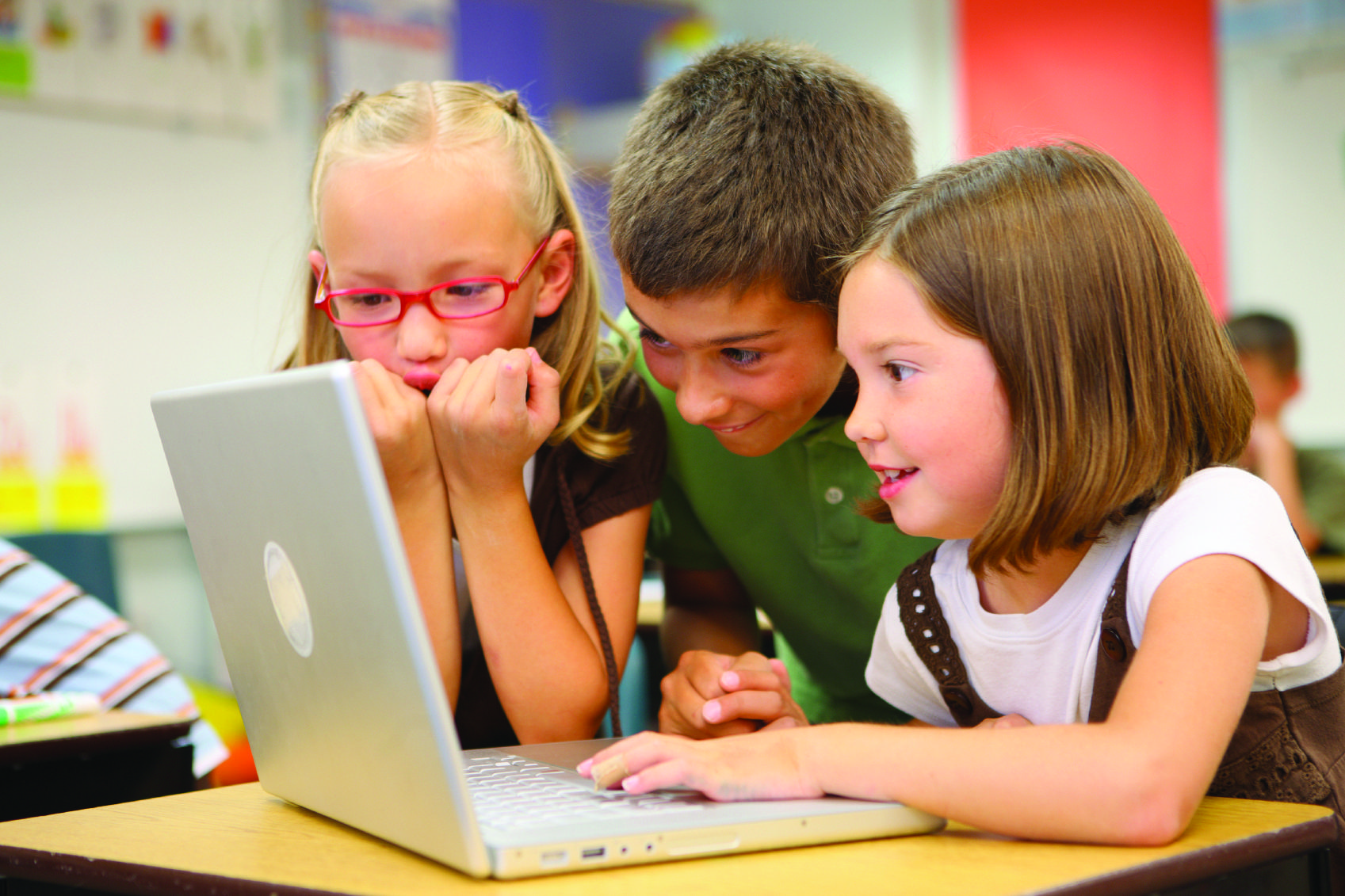Interplay between children’s cognitive profiles and within-school social interactions is nuanced and differs across ages
Times cited: 2
Correig-Fraga, E, Guimerà, R, Sales-Pardo, M.
Comm. Psycol.
3
,
art. no. 44
(2025).
Studies investigating the link between school achievement and social networks have shown that both cognitive and non-cognitive factors are integral to academic success. However, these investigations have predominantly been confined by two limitations: 1) they rarely combine cognitive and social data from the same individuals, and 2) when incorporating social data, it is often unidimensional, focusing only on a single type of relationship among children, such as friendship networks or time spent together. This research builds on prior findings by considering cognitive and social data, including preferences for schoolwork relations, leisure/play relations, and friendships, of nearly 5,000 students from Catalonia (Spain) aged 6 through 15. Our findings indicate that children prefer to interact with those who exhibit similar cognitive profiles, but that their preferences diverge between schoolwork and play-related relations during both primary and secondary school. The diverging preferences of children of older ages suggest a greater understanding of the different purposes and expectations of various social interactions.
